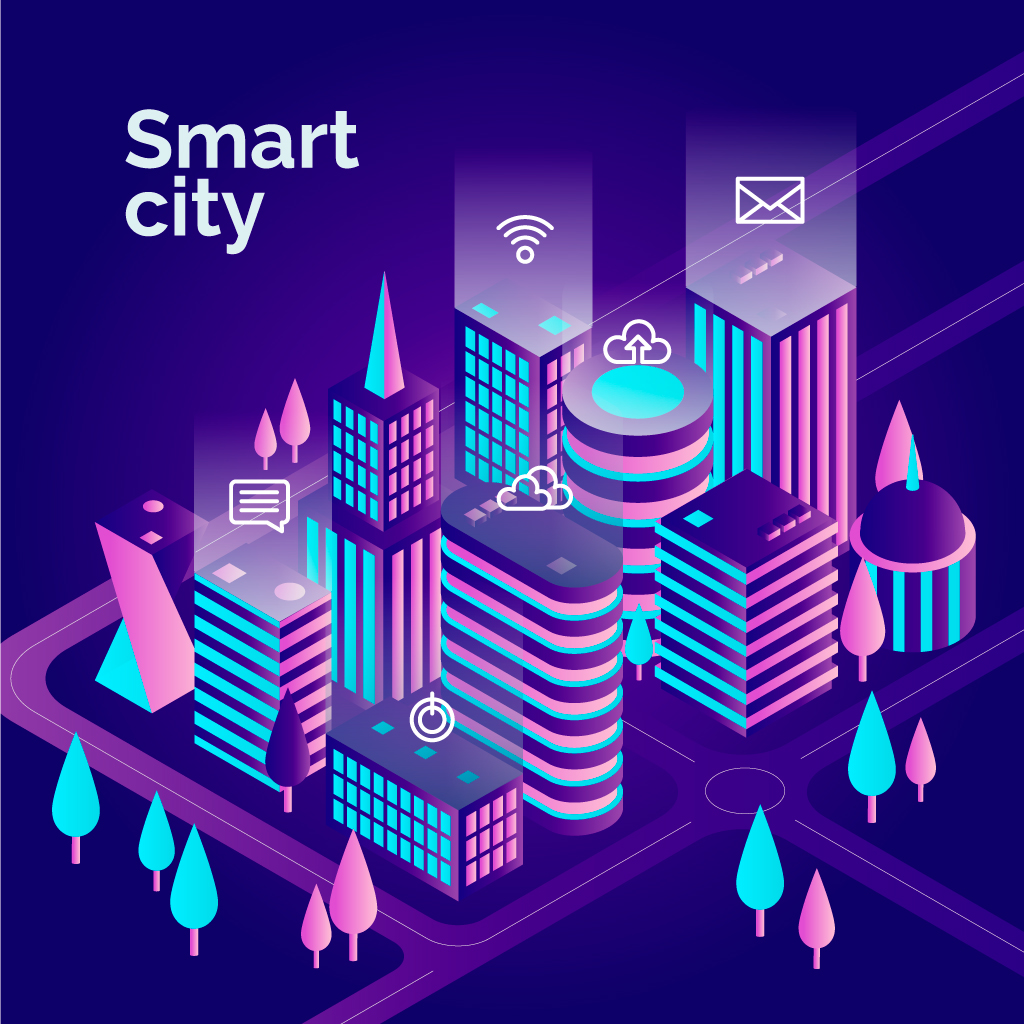The Internet of Things (IoT) is transforming the way we live, work, and interact with our surroundings, and its impact on smart cities is nothing short of revolutionary. IoT enables smart cities to leverage technology to improve the lives of their residents, making them more efficient, sustainable, and responsive to the needs of their citizens.
One of the key benefits of IoT in smart cities is improved connectivity. Through the use of sensors and devices connected to a central network, cities can collect and analyze data in real time, enabling them to make more informed decisions and optimize their resources. For example, smart traffic signals can adjust timing based on real-time traffic data, reducing congestion and improving the flow of vehicles.
Smart cities also use IoT to enhance public safety. Connected cameras and sensors can detect and alert authorities to potential hazards, such as fires or criminal activity, allowing for a faster response and improved emergency management. Additionally, IoT-enabled smart lighting can provide better illumination in public spaces, deterring criminal activity and improving the overall sense of safety for residents.
Another area where IoT is making a significant impact is in the management of resources. Smart cities can use IoT to optimize the use of energy, water, and waste management systems. For instance, smart meters can provide real-time data on energy consumption, allowing cities to identify areas of waste and inefficiency, and implement measures to reduce their environmental footprint.
Moreover, IoT has the potential to revolutionize healthcare in smart cities. Remote patient monitoring systems can provide real-time data on vital signs and health indicators, enabling early detection of potential health issues and allowing for more efficient and effective healthcare delivery.
Data-driven decision-making is at the core of smart city initiatives. By harnessing data from various IoT devices and sensors, cities can identify patterns, trends, and correlations that would otherwise remain hidden. This enables city administrators to make more informed choices when it comes to allocating resources, designing policies, and planning for the future.
The benefits of IoT in smart cities extend to the economic domain as well. Efficient resource management and improved infrastructure can attract businesses and investors, leading to economic growth and job creation. Additionally, smart cities can provide a platform for innovation and the development of new technologies, further driving economic prosperity.
Privacy and security concerns are important considerations in the development of IoT-enabled smart cities. As more devices collect and share data, ensuring the protection of personal information becomes increasingly critical. Secure data storage, encryption, and privacy protocols are essential to maintaining the trust of citizens.
In conclusion, the impact of IoT on smart cities is far-reaching and transformative. From improved connectivity and resource management to enhanced public safety and data-driven decision-making, IoT is enabling cities to become more efficient, sustainable, and responsive to the needs of their residents. While privacy and security concerns must be carefully addressed, the potential benefits of IoT in creating smarter, more livable cities are undeniable.
